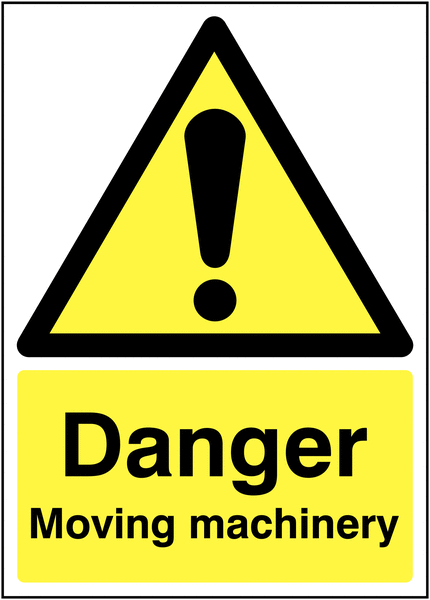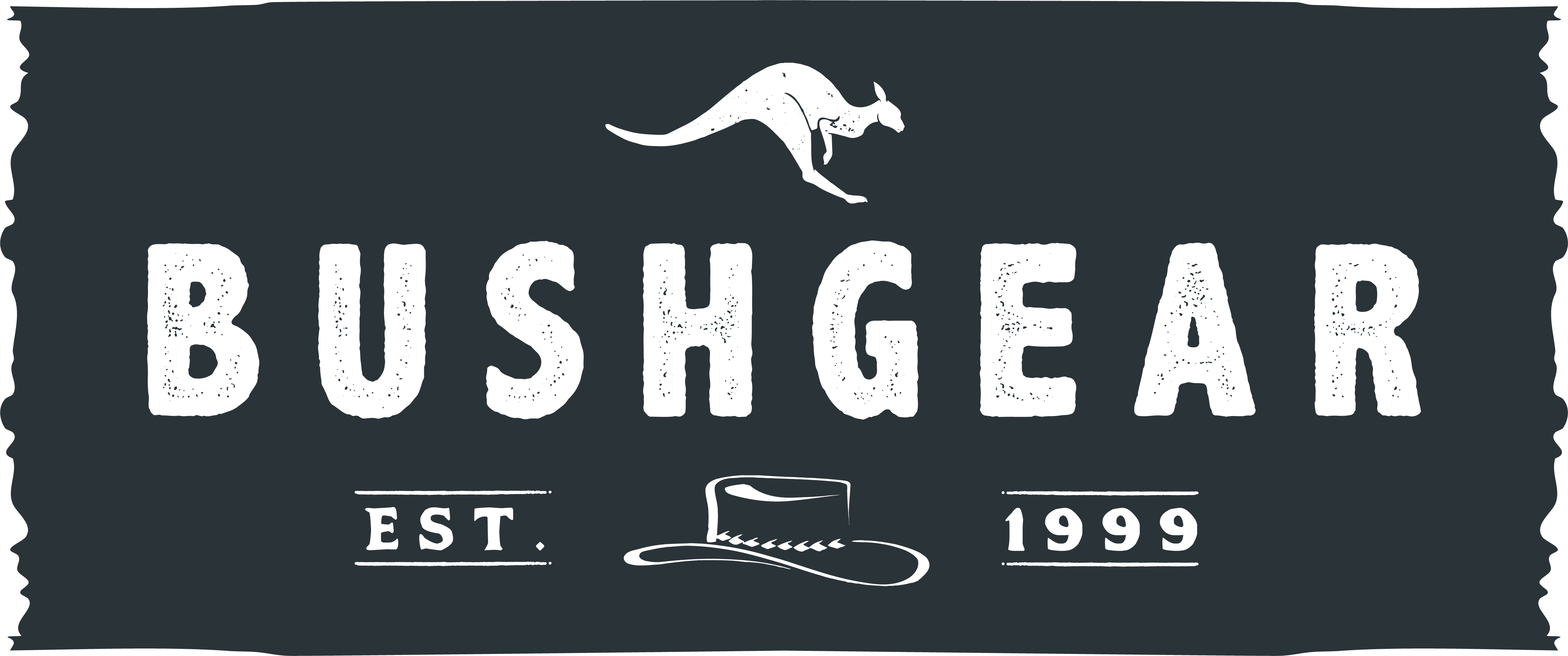
Dying To Feed You – Do Not Neglect Your Safety On The Farm!
We recently read a few articles on Farmer’s Weekly regarding farm safety, called “Dying to Feed You”. A poignant article about farm safety. Did you know that farming is one of the most dangerous professions in the UK (and in the world)!? There are approximately 30 accidental deaths reported on British farms, every year. Alongside the relatively high mortality rate, there are approximately tens of thousands of non-fatal accidents reported every year.
According to BBC news “analysis of Health and Safety Executive (HSE) data, workers in the agriculture, forestry and fishing sector are more than 20 times more likely to be killed at work than the average, for all other sectors combined.
About 360,000 people work in agriculture, or 1% of the total UK workforce, yet the sector is responsible for 20% of all fatal accidents at work.
Fortunately, many serious accidents can be avoided with simple safety protocols, as many accidents are caused by absentmindedness, tiredness or a lack of concentration. Relatively few accidents are caused by mechanical failures!
Just think; a farmer is approximately 20 times more likely to be involved in an accident compared to any other industry.
But what can realistically be done to minimise these types of accidents? Here is a list we have compiled:
- Think about the task at hand, particularly when using heavy, powerful machinery.
- Stay well rested, fed and hydrated if possible. Sticking to this regime will give the best chance of staying focused during your work. Stamina plays a big part in preventing accidents. Remember – tiredness does kill. Sleep deprivation and fatigue can lead to a loss of dexterity, not what you want when handling any type of heavy machinery.
- Complacency kills. Just because a piece of machinery was checked recently and was working correctly yesterday, doesn’t mean it will be working correctly today. Check your equipment daily. Look for any signs of wear or imminent failure.
- Be aware of your surroundings. Anticipate potential dangers. Don’t forget - animals can cause fatalities. Cows can trample and kick you, horses can kick you or throw you off, dogs can bite you etc.
- One of the biggest dangers in agriculture. These are made all the more dangerous when working in isolation as there is nobody in close proximity to help, should you become incapacitated. Always pay attention when using ladders. Avoid using ladders if you are alone, if possible.
- Loose clothing, jewellery and long hair. It may be obvious but getting hair, clothing or jewellery caught up in machinery is an extremely common route to serious injury. Tie back all long hair and tuck in clothing if possible.
- Isolation, depression and stress. Particularly susceptible are those working in isolation. Farming does suffer from a relatively high rate of suicides. Remain socially active where possible, there is ALWAYS somebody you can talk to. Try calling the “Farming Community Network” on 03000 111 999 for a chat. They offer tons of advice about farming and the farm lifestyle. If you are having financial difficulties then call the “Royal Agricultural Benevolent Society” on 0808 281 9490. They provide great advice and even financial aid in, in some circumstances.
- Bad weather and cold exposure– Long term exposure to harsh conditions can have a detrimental effect on the body. The recommended daytime working temperature is 19 oC. Temperatures significantly below this level can lead to a myriad of health problems, partially due to the fact that in temperatures under 18oC, human blood starts to thicken, increasing the likelihood of colds, strokes and heart attacks. Even when sleeping, a minimum temperature of 16 oC is advisable.
- Noise – Long term exposure and sometimes even short exposures at extreme levels can seriously impact one’s hearing. From complete deafness to permanent tinnitus, your hearing can be dramatically affected. Simple ear plugs are an effective solution to dangerous levels of noise. They also prevent dirt building up in the ear canal, in dusty environments.
- Dust – If you are exposed to high quantities of dust – you may be breathing in more particulate than smoking 40+ cigarettes per day! This can have massive detrimental effects to your health including: shortness of breath, scarring of the lungs, oxygen deficiency and secondary complications. There are other air borne particulates that you need to be concerned with too, particularly in an agricultural setting. This includes; moulds, animal fur, fungal spores, bacteria. These can be more dangerous than simple particulate as they can lead to secondary infections. In the case of hay bales for example, hay is a great place for bacteria, mould and fungi to grow on. This is exacerbated by any type of moisture ingress as hot and dry conditions inhibit the growth of moulds and bacteria. The simple solution is to wear an appropriate mask where possible. In the case of regular dust/soil, a simple multi-ply facemask can do the trick. To protect yourself from viruses, bacteria and moulds, a more advances mask with filters, may be the best solution, if not super practical.
We hope you have found this article useful.
The Bushgear Team


